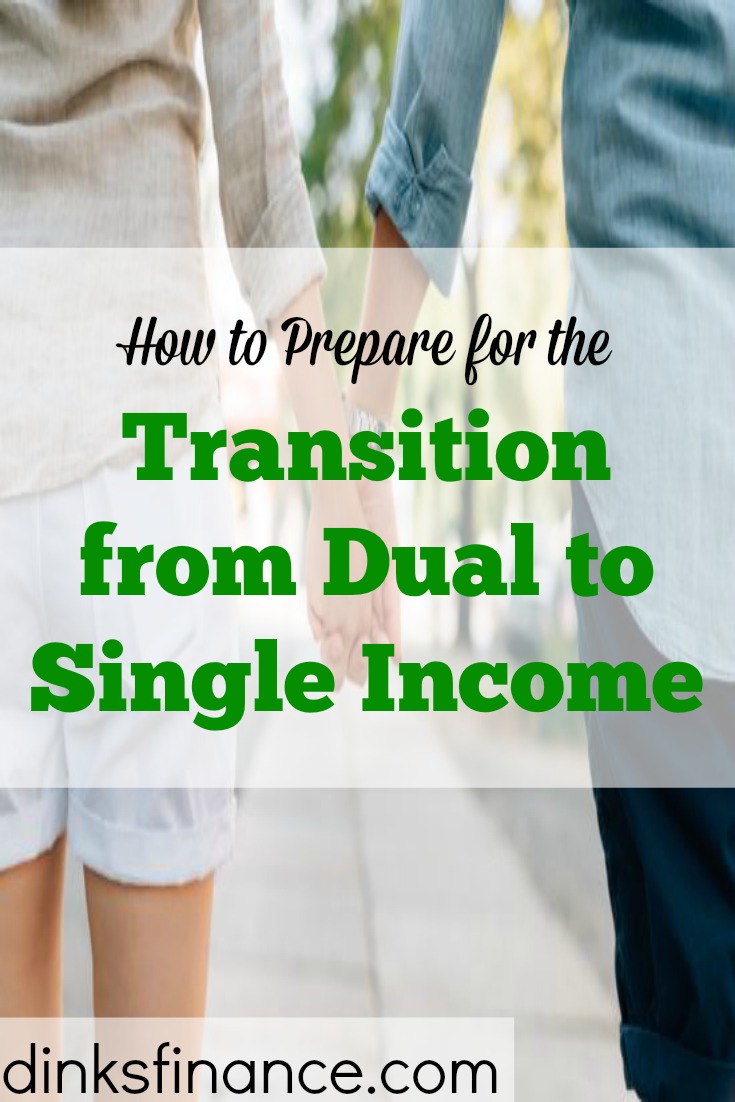
Advance Preparation
The further in advance you can prepare for the switch to a single income, the better the transition will go. The ultimate form of preparation might be to act as if you never had two incomes in the first place.
One way to do that is to make sure you have money in savings to cover you in case of unanticipated job losses. Create an emergency fund that covers three to six months of expenses to severe as a buffer should the unexpected occur.
You can also look at investing options, like brokerage accounts, to support additional savings. If you want them to be accessible as a potential source of income, then don’t choose retirement accounts with restrictions for withdrawals. Instead, choose traditional investment vehicles that aren’t specifically tied to retirement.
Budget for One Income
You’ll have a greater ability to save for emergencies if you set that up with a budget — create a budget that assumes you only have one income, and for whatever period of time you still have two incomes, you can allocate that money toward savings.
Now if an impending switch from two incomes to one appears to be voluntary, you should begin preparing for the transition before either of you actually quits a job.
Cut Costs and Free Up More Income
Pay Down Expensive Debt
Another way to rein in expenses: Look into housing that is more in line with a single income — whether you’re renting or buying a property. This ensures that your mortgage payments don’t exceed your capabilities should one of you lose their job or need to make a change.
Sort Out Insurance
Another way to keep costs in line when you go from two incomes to one: Just say no to COBRA, which can cost a small fortune nowadays.
Instead, the partner who still has insurance should add the other member of the couple to their plans — at least on an interim basis.
Plan for this in advance by reviewing both of your employers’ offerings: Find out what you need to do to add each other in case one of you are fired or quit. The processes can be cumbersome, so understanding them in advance is a must.
It’s also a good idea to look into what’s available through private insurance — you might need this type of coverage on an interim basis. Although coverage through these sources might not be as expensive as COBRA, it can still be pretty costly and require careful budgeting.
Look Beyond the Money
Shifting from dual to single-income household comes with more than just a financial impact. Often, there is an emotional toll as well.
A change in your lifestyle can be stressful, particularly if you have to make sacrifices to keep yourself on budget. If a member of the couple was fired, that could also be hard in its own right, creating feelings of doubt and even worthlessness.
Whether the transition is voluntary or forced, you need to keep the lines of communication open. There are going to be challenges along the way, even if you have a plan in place. Check in with each other regularly to see how you are both doing, and don’t focus solely on the finances.
By being there for one another, you can make it as a single-income household, either for the short term or in the long run.
Readers, how have you managed your finances with your partner? What kind of experiences have you had with income imbalances in relationships? Please tell us all about this by posting in the comment section beneath this post.
Read More
- How to Budget Around Income Fluctuations
- The Effects of Having Dual Incomes
- Income, Spending and Debt for Couples
- How to Live on One Income without Killing Each Other
If you enjoy reading our blog posts and would like to try your hand at blogging, we have good news for you; you can do exactly that on Saving Advice. Just click here to get started.



No Comments yet!